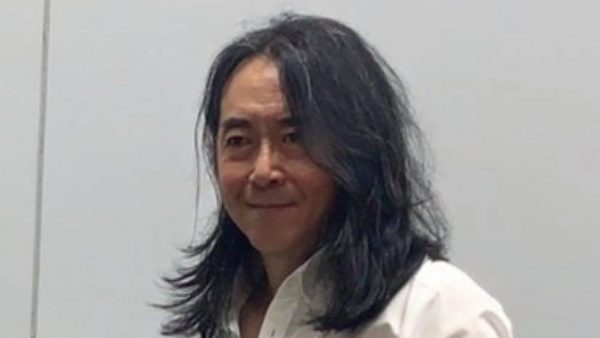Sorrayuth’s cursed success

Sorrayuth Suthassanachinda started off like any young, promising journalist — bold, relentless, working hard, getting great exclusives and building good, widespread connections. He, however, has ended up on a treacherous path of a risky businessman.
He is just a few days away from knowing his fate, which is a culmination of fame and all its consequences. Sorrayuth has been one of the most popular and richest journalists in Thailand, although the criminal charges that are threatening to put him in jail have more to do with the business side of journalism, not the professional side of the “Fourth Estate” itself.
It was Sorrayuth’s professional success that ironically gave him the current business-related legal trouble. Thanks to his boldness and versatility, he jumped from print journalism to broadcast journalism in late 1990s. His daring style, derived from years of working for The Nation newspaper, differentiated him from the majority of “subdued” broadcast journalists who rarely asked offensive questions in front of TV cameras.
The unorthodoxy brought him great credit. And along with it a lot of money. He easily became Thailand’s most popular and most profitable news host. Gossips had it that he would earn obscene sums of cash by uttering a few words on a product or an event during his “news talks” programmes.
There was allegedly that, and there were allegedly direct commercials that went unreported. Sorrayuth was found guilty of hiding some direct advertisement earnings from the Mass Communications Organisation of Thailand (MCOT), an act, the Criminal and Appeals courts say, that was tantamount to cheating a state agency out of deserved incomes in the amount of more than Bt130 million.
Evidence against him — in addition to proof of unreported commercial incomes to his Rai Som company — included a check his company gave an MCOT official responsible for looking for ads and reporting what came in during Sorrayuth’s programmes, and a paper document on advertisement schedules. The official curiously used erasing liquid to chalk off some information from the document.
Sorrayuth told the judges the check was just a thank-you gesture for the official’s unsolicited help in finding some commercials for his programmes. The official, meanwhile, defended herself by insisting that the use of liquid eraser was out of fear of getting punished or reprimanded for some honest reporting mistakes.
Defence denials were rejected by the judges, of course, and Sorrayuth and a fellow executive of his company were found guilty and sentenced to 13 years and four months in jail each. The official was given 20 years. The Appeals Court has upheld the sentences, leaving the Supreme Court as Sorrayuth’s last remaining hope. The highest court is scheduled to hand down the ultimate ruling on January 21.
Thailand’s political divide has amplified Sorrayuth’s case, turning it into a controversy as he was always accused of backing one side in the ideological polarity. That he returned the allegedly embezzled money to the MCOT and his widely-acknowledged social work were described by the courts and his critics as irrelevant. His insistence to keep working as a news host after the lower court found him guilty was highly criticized, and he had to yield to pressure and retreat from public view.
Politics aside, Sorrayuth, 53, is another big exhibit of how journalism and fame can combine to complicate life, and how business of journalism can face serious legal, moral and ethical challenges. He began his career path in one of the loneliest professions on earth, where gifts can be bribes, other luxuries can be suspicious and business partnerships can be unethical. Doing too much and you are a biased, militant activist; doing too little and you are a coward.
It’s a tough career, even without the entrepreneurial prospects and handsome profits of primetime advertisement.
By Tulsathit Taptim






